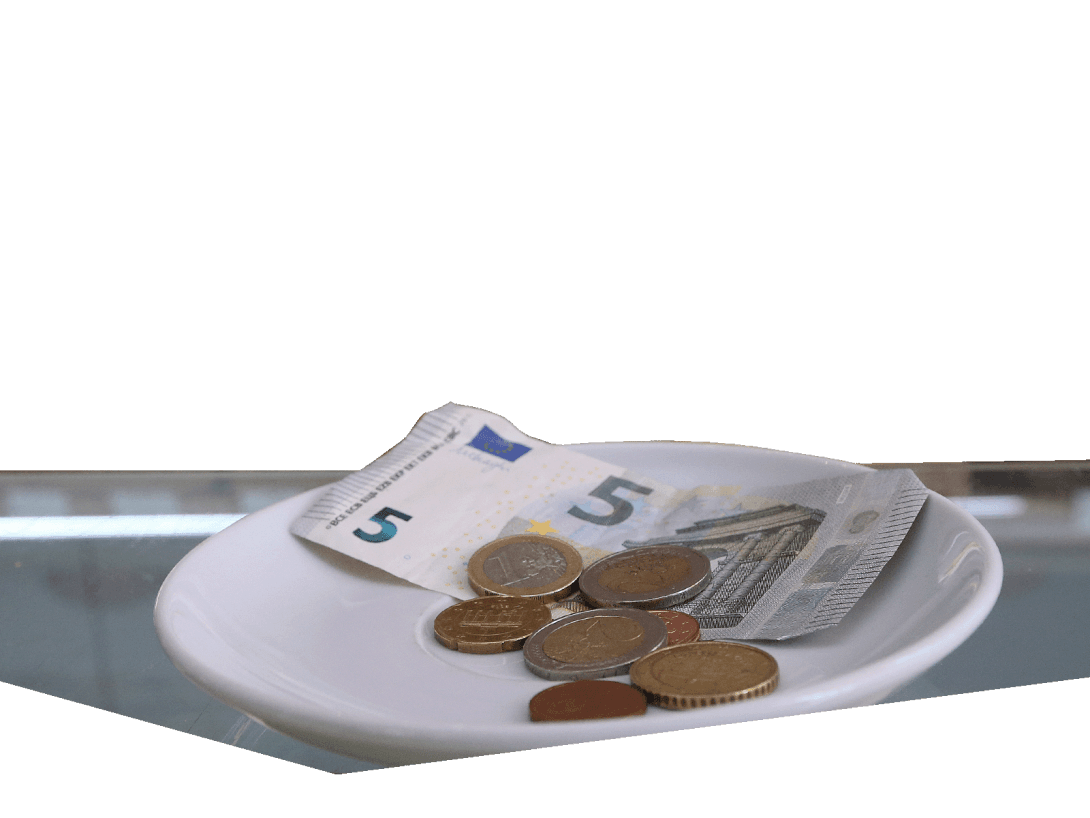Which holiday destinations give you more bang for your buck? One euro is not worth the same everywhere. Depending on which country you visit, you’ll get more or fewer goods and services for your money. The greater the purchasing power of your euro abroad, the more you’ll be able to afford at your holiday destination. Meaning your holiday euro will go further than is does at home.
To calculate the purchasing power of the euro abroad, a comparison is done of the different prices in each country. There will be differences depending on the economic strength and wage levels of each particular country. This also applies to countries in the eurozone, even though exchange rates no longer apply here. You can find an international comparison put together by the OECD here.
In 2023, the least expensive countries are: Türkiye, Poland and Hungary
Türkiye, Poland and Hungary are the top holiday destinations in terms of purchasing power. In Türkiye, you’ll get almost twice the amount of goods and services for your money as you would in Germany.
And in Poland you’ll get goods and services for one euro that would cost you €1.61 in Germany. In Hungary, goods and services are slightly more expensive for German tourists than in Poland, but worth it, nevertheless. You can save almost 40 percent compared to prices in Germany, and in Lithuania you can save nearly 30 percent.
Scandinavia most expensive: Denmark, Norway, then Sweden
In Scandinavia, domestic prices in Sweden and Norway are similar at €0.90 and €0.85 euros respectively. That means for German tourists, prices are ten and 15 percent more expensive. But a trip to Denmark is the most expensive for German holidaymakers. The purchasing power of one euro here is only around 76 cents. This means you will have to pay comparably higher prices when you are on holiday in Denmark.
Mountain hikers in Slovenia get a good deal
If you like travelling to the mountains, then a holiday in the Slovenian Alps won’t hit your wallet hard. A holiday in Austria (€0.94), France (€0.99) or Italy (€1.06) won’t make a whole lot of difference financially because prices in these countries are similar to those in Germany. Switzerland has always been more expensive than Germany. One euro has a comparable value of 63 cents for goods and services.

